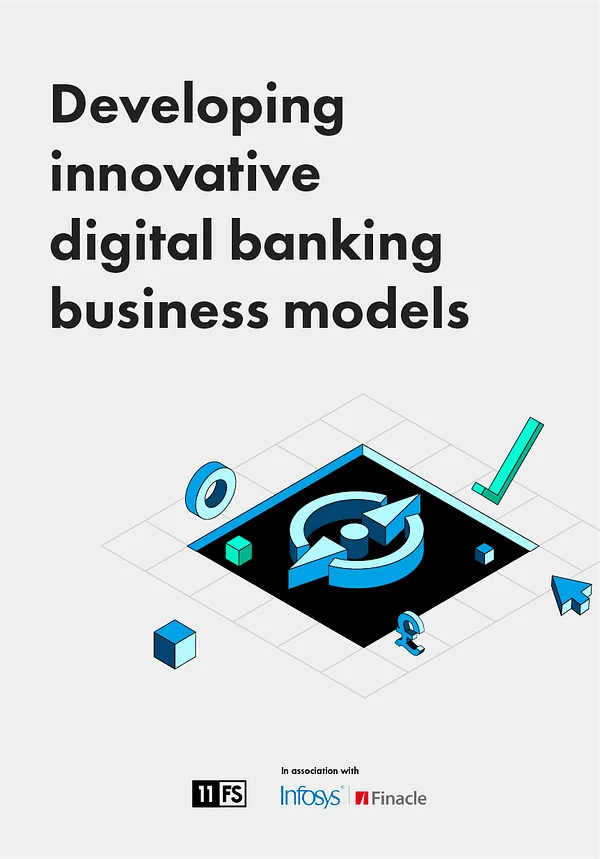In a recent report EY point out that the big advantage the UK has in “Fintech” is it’s progressive policy from Government and Regulators. This post examines the latest policy the regulatory sandbox; to understand how it might work, what companies entering it need to know, and how other jurisdictions could repeat the trick. Can it help financial services be a bit more awesome?
In a recent report EY point out that the big advantage the UK has in “Fintech” is it’s progressive policy from Government and Regulators. This post examines the latest policy the regulatory sandbox; to understand how it might work, what companies entering it need to know, and how other jurisdictions could repeat the trick. Can it help financial services be a bit more awesome?
Getting Regulated is Hard
Any company that
- Holds your money
- Transfers you money
- Can lend you money
Needs to get a licence from the FCA, and prove (through a whole heap of spreadsheets, exams and countless other efforts) that they are capable of doing so. This gets costly, and remarkably complex. Leading to ongoing complaints from start-ups that getting a licence is simply too onerous to be able to compete with large incumbents. Despite its detractors the regulation works. If a regulated financial institution loses your money or does something wrong, there are a set of rules to put that right, set and then enforced by the FCA. However, the FCA is under constant pressure to increase competition and help the fintech start-ups.
Innovation Through Competition
The UK Government (and many now around the world including Singapore and Hong Kong) are pushing their regulators to introduce competition into the world of financial services. The idea being that more choice will equate to better services for the public, job creation and by proxy economic growth. The UK has for some time been seen as a leader due to the FCA’s Project Innovate and things like the Bank of England “Option 2” path to getting a banking licence. The “fintech” sector employs c60,000 people in the UK and is one of the fastest growing sectors in the entire economy. For a Government that needs growth and wants to compete internationally, making space for these new businesses to better deal with all of that costly, difficult regulation is seen as a big win. The easier it is to set-up and run a fintech business in a jurisdiction, the more likely an entrepreneur is to choose that jurisdiction to start their business. It appears to be working…
So Far So Good?
To date these progressive policies appear to have worked for the UK and other jurisdictions like Singapore to be more competitive in Fintech. The past five years in the UK has seen a wave of companies such as Lending Club, Market Invoice, Transferwise, World Remit and lately an entirely new bunch of banks like Atom, Monzo, Starling and Tandem.
The Complaints from Start-ups
Yet consistently the FCA, Government and BoE hear from start-ups that the financial services sector is too complicated, full of it’s own jargon and too difficult to change. These complaints include:
- Getting a licence is too expensive (requires a lot of money to absorb losses)
- Getting a licence requires doing things the way banks do them – which is slow and expensive
- The old rules prevent new, better ways of doing things with technology
In response to this the Financial Conduct Authority announced a regulatory sandbox. The sandbox is novel and was the first of it’s kind in the world when announced. But what is it and will it actually help big or small companies innovate?
Fun in The Sand?
Before you pick up the bucket and spade, this sandbox is designed to be a “place” (both digital and legal) where you can build consumer facing live products with less arduous rules provided you’re transparent about what you’re building to the regulator. For example, you could build a new lending, payments, or crowd funding business with a team of 3 developers and have it adopted by real world users without requiring a compliance team of 5 people to get the project past the regulator. You would then “host” this service inside the servers (computers) of the FCA (or your own AWS instance or with one of their partners like Innovate Finance) and have a set of protections (e.g. you won’t get fined, and you’ll get some hand holding) to make life less risky for a small company (or in many cases a small project at a big company). The key being you commit to sensibly limit the number of users and provide data to the regulator about the success of your new endeavour digitally. This is very different to how financial services regulator engagement works for most product development today.
Start-up Land vs Financial Services Land
Proving that you can manage what might go wrong is very hard before something exists. Today banks and start-ups have to do a paper exercise where they prove they’ve thought everything through. Or as one international regulator once said to me “just prove to me you’ve thought about the risks”. Then put them all in a spreadsheet and figure out how you’d deal with them if they happened. It’s like trying to think through all the things you might ever do wrong in your life, before you’ve lived it. It’s diligent but woefully underestimates the value of experience and being data driven. For example, you know those really long email signatures that every corporate sends? “If you get this email in error you should delete it immediately and you can’t sue because we got dibs” or words to that effect. Evidence suggests that has never been used effectively and just wastes email server space. Someone, somewhere thought it protected or helped manage a risk and it’s stuck, but it’s pointless and slows everything down.
Let The Data Decide
Surely, it’s a good thing then that the regulator has realised the value in data driven decision making. If the data shows people enjoy a product, it’s great to have a place to launch it without being fined for doing something against the rules. Yet there is an ongoing need to protect consumers and businesses from fraud, risk, and general malpractice. This is what the Sandbox aims to allow businesses (large and small) do: Build something, look at the data and make decisions accordingly.
Let’s All Go To the Beach?
It shouldn’t surprise then that banks and large corporates are also looking to use this sandbox. I’ve often said there are two types of projects large companies do.
- Small ones that never see the light of day or;
- Ones that cost millions and take years to deliver.
They’re losing the benefit of the “tech” way of thinking, where a team of 9 can launch Whatsapp and sell it for $22 Billion. The Regulatory Sandbox may be a good middle ground for rapid product development, new brands and new customer segments to be trialled at low cost and low risk. If you work in a product team, and your customers might like to pay, borrow, save, invest, insure or something else cool – you should definitely take a look at the FCA regulatory sandbox. If you’re outside the UK, similar initiatives are popping up globally. The FCA’s project innovate are worth speaking to if this is something of interest. It’s early days, it’s still being shaped, but I support data driven decision making and we at 11:FS would be happy to help you learn more about it. How will you use the sandbox?





.svg)
.svg)





